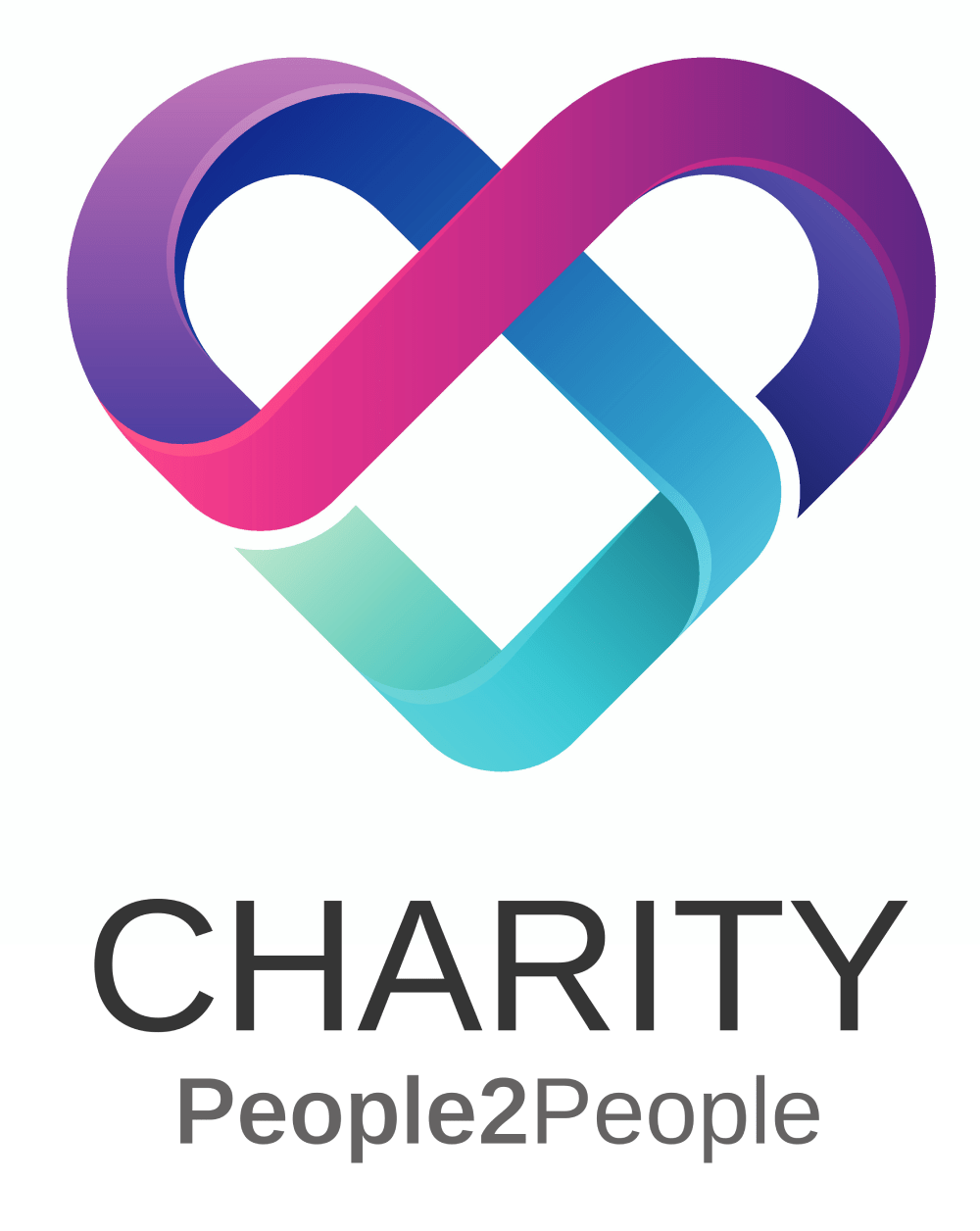Ayats From The Holy Quran About Zakat.
“You shall observe the Contact Prayers (Salat) and give the obligatory charity (Zakat), and bow down with those who bow down.”
[Al-Baqarah, 2:43]
“They ask you about giving: say, “The charity you give shall go to the parents, the relatives, the orphans, the poor, and the traveling alien.” Any good you do, God is fully aware thereof.”
[Al-Baqarah, 2:215]
“We made them (Abraham and his sons) imams who guided in accordance with our commandments, and we taught them how to work righteousness, and how to observe the Contact Prayers (Salat) and the obligatory charity (Zakat). To us, they were devoted worshipers.”
[Al-Anbya, 21:73]
“You shall observe the Contact Prayers (Salat) and give the obligatory charity (Zakat). Any good you send forth on behalf of your souls, you will find it at Allah. Allah is seer of everything you do.”
[Al-Baqarah, 2:110]
“Righteousness is not turning your faces towards the east or the west. Righteous are those who believe in GOD, the Last Day, the angels, the scripture, and the prophets; and they give the money, cheerfully, to the relatives, the orphans, the needy, the traveling alien, the beggars, and to free the slaves; and they observe the Contact Prayers (Salat) and give the obligatory charity (Zakat); and they keep their word whenever they make a promise; and they steadfastly persevere in the face of persecution, hardship, and war. These are the truthful; these are the righteous.”
[Al-Baqarah, 2:117]
“The believing men and women are allies of one another. They advocate righteousness and forbid evil, they observe the Contact Prayers (Salat) and give the obligatory charity (Zakat), and they obey GOD and His messenger. These will be showered by GOD’s mercy. GOD is Almighty, Most Wise.”
[At-Tawbah, 9:71]
“And He it is who causes gardens to grow, [both] trellised and untrellised, and palm trees and crops of different [kinds of] food and olives and pomegranates, similar and dissimilar. Eat of [each of] its fruit when it yields and give its due [zakah] on the day of its harvest. And be not excessive. Indeed, He does not like those who commit excess.”
[Al-An’am, 6:141]
What Is Zakat?
Offering zakat is a religious obligation for Muslims, and is the third of the five pillars of Islam (right after prayer). In Arabic, zakat means purification, growth and blessing. Paying zakat is meant to remind Muslims to be appreciative of the blessings that Allah (Subhana Wa Ta’ala) has bestowed upon them, and to help empower those who have less. There are two primary forms of zakat: zakat al-mal and zakat al-fitr.
There are essential differences between zakat al-mal and zakat al-fitr.
Zakat al-mal relates, as its name implies, to the saved money. Zakat al-mal is to be paid when the savings reach the prescribed value (nisab), which is equal to 20 mithqals of gold and 200 dirhams of silver (approximately 85 gms of gold 600 gms of silver or equivalent currency). Zakat al-mal can be paid at any time of the year as long as the nisab remains in one’s possession for one year.
The amount of zakt al-mal is a fourth of a tenth, i.e., 2.5 per cent of one’s wealth.
Zakat al-mal is applicable on all the financial belongings such as currency, gold, silver, property and vehicles too if these are either held with the intentions of trading or savings i.e. zakat is not applicable over things that are necessities of life. It can be illustrated with an example that a person does not have to pay zakat on the value of house where he/she has resided and uses for accommodation. However if a house is bought with the intentions of profits anticipating appreciations in the value of house, zakat will be applicable in such case.
Zakat al-fitr is paid by the head of the household on behalf of the family members. There is no fixed nisab for zakat al-fitr, but it is to paid by the person who has one day’s meals and the members of his family on the eve of `Eid Al-Fitr. Zakat al-fitr must be paid by the person who witnesses part of the month of Ramadan and part of the month of Shawwal. The amount of zakat al-fitr is two qadahs (an old measure) of rice or wheat or other usual food known in the area or their equivalent.
The evidence of the above is the hadith recorded in the two authentic books of Hadith (namely Al-Bukhari and Muslim), and reported by Ibn `Umar (may Allah be pleased with him): “The Messenger of Allah (may peace and blessings be upon him) prescribed zakat al-fitr as one saa` (an old measurement) of dates or wheat on every person whether male or female from among the Muslims.” In another authentic hadith, the Messenger of Allah is reported to have ordered that zakat al-fitr be paid out before going to the `Eid Prayer.
When Was Zakat Established?
Establishment of Zakat (plural) did not start with new Muslims from Arabia or after the establishment of the Islamic state during the time of Prophet Muhammad. (pbuh) The obligation to pay Zakat has always existed and has remained a duty ordained by God.
Zakat has always been payable in the past as confirmed by the Quran.
By Prophet Jesus (mpbu)
“And He has made me blessed wherever I am and has enjoined upon me prayer and zakah as long as I remain alive”
[Maryam, 19:31]
Prophet Ishmael (mpbu) ordained on his people to give Zakat
“And mention in the Book, Ishmael. Indeed, he was true to his promise, and he was a messenger and a prophet.
And he used to enjoin on his people prayer and zakah and was to his Lord pleasing.”
[Maryam, 19:54-55]
Children of Israel
And [recall] when We took the covenant from the Children of Israel, [enjoining upon them], “Do not worship except Allah ; and to parents do good and to relatives, orphans, and the needy. And speak to people good [words] and establish prayer and give zakah.” Then you turned away, except a few of you, and you were refusing.
[Al-Baqarah, 2:83]
Prophet Abraham, Prophet Isaac, Prophet Jacob (mpbut)
“And We gave him Isaac and Jacob in addition, and all [of them] We made righteous.
And We made them leaders guiding by Our command. And We inspired to them the doing of good deeds, establishment of prayer, and giving of zakah; and they were worshippers of Us.”
[Al-Anbya, 21:73]
To the Jews (referenced as ‘hadu’ in 4:160)
“But those firm in knowledge among them and the believers believe in what has been revealed to you, [O Muhammad], and what was revealed before you. And the establishers of prayer [especially] and the givers of zakah and the believers in Allah and the Last Day – those We will give a great reward.”
[An-Nisa, 4:162]
People of the Scripture
“Nor did those who were given the Scripture become divided until after there had come to them clear evidence.
And they were not commanded except to worship Allah, [being] sincere to Him in religion, inclining to truth, and to establish prayer and to give zakah. And that is the correct religion.”
[Al-Bayyinah, 98:4-5]
To Whom Zakat Must Be Given?
“Obligatory Charities (Fard Sadaqaat) expenditures are only for the poor and for the needy and for those employed to collect [zakah] and for bringing hearts together [for Islam] and for freeing captives
[or slaves]
and for those in debt and for the cause of Allah and for the [stranded] traveler – an obligation [imposed] by Allah . And Allah is Knowing and Wise.”
[At-Tawbah, 9:60]
1. THE POOR: Fuqaraa (plural) Faqir (singular) – those who do not possess enough provisions to meet their need
This can mean a homeless person on your block, kids whose families qualify for free or reduced-price lunches, or orphans. Anyone who does not have the funds to live a stable life, feed themselves and their family, go to the doctor when they need to and grow up to be a productive citizen falls under this category.
- Fuqaraa (plural) Faqir (singular): Those who do not possess enough provisions to meet their needs.
2. THE NEEDY: Miskeen (مِسْكِين) – indigent; necessitous; needy; pauper; poor; poor man; poverty-stricken.
The Miskeen has less of a need for assistance than the Faqir.
A miskeen or needy person would be one who might have enough to fulfill theirs and their family’s basic needs; but a situation or desperation has befallen them which they are unable to fulfill. For example, one among their family is sick and one cannot afford their treatment, or one is unable to pay ones housing costs, or one is unable to pay their children’s basic education fees, etc.
The needy (Miskeen) may be someone whose level of poverty is more than the poor or less than him. However, their ruling is the same in all matters. These poor and needy can have decent houses and clothes and yet be considered poor and needy if they do not possess their basic essential needs.
The Messenger of Allah ﷺdefined the Miskeen in some narrations as: “The Miskeen is not the one who goes around among the people (begging) maybe receiving a morsel or two, and a date or two. Rather, the Miskeen is the one who does not have enough wealth to suffice him, however he does not let others know about it in order to be given charity and he does not stand and beg people.”
[Sahih Muslim 1039]
3. EMPLOYED TO COLLECT ZAKAT: Aamileen – Zakat collector. Those persons who are appointed by an Islamic Head of State or Government to collect Zakat. Zakat administrators, meaning any trustworthy organization that helps you calculate your zakat and accepts the payment for it.
4. BRINGING HEARTS TOGETHER: New converts. Those whose hearts are to be reconciled, meaning new Muslims and friends of the Muslim community. Your zakat can be distributed to new Muslims, and to people in the larger community. This not only exemplifies the Muslim tradition of social justice for all, but shows reverts how important they are, and helps build bonds of cooperation and friendship between Muslims and non-Muslims.
5. FREEING CAPTIVES AND SLAVES: Even though slavery is outlawed in most parts of the world, many people are still trafficked, meaning bought and sold, as slaves. Using zakat to help any of these people become free and independent again seems like a no-brainer.
6. IN DEBT: Zakat can help people pay their debts. Living with a great burden of debt can be debilitating to an individual or family, but your zakat can help.
7. FOR THE CAUSE OF ALLAH: Donations to build a mosque, support Muslim school or Muslim youth group are zakat-worthy.
8. TRAVELER: Whether a refugee who is fleeing violence in a distant country or a motorist stranded on the side of the road, God has designated that anyone who is away from home, out of cash and in need of help is eligible to receive your zakat.
How Is Zakat Calculated?
Zakat is payable at 2.5% of the wealth one possesses above the nisab. Nisab, which is equal to 3 ounces of gold, is the minimum amount of wealth one must have before they are liable to pay zakat. As of May 29, 2017, nisab is estimated to be $3,587.79. Zakat is liable on gold, silver, cash, savings, investments, rent income, business merchandise and profits, shares, securities and bonds. Zakat is not paid on wealth used for debt repayment of living expenses such as clothing, food, housing, transportation, education, etc.

